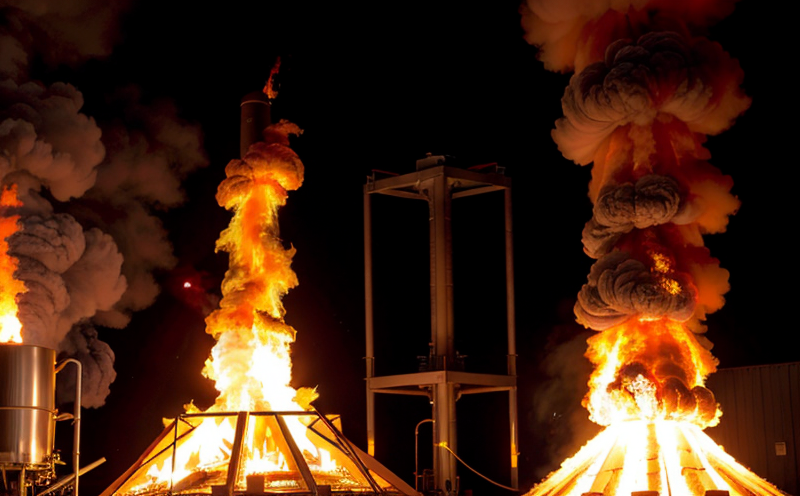Medical Device Chemical Safety Testing
In today's highly regulated and rapidly evolving medical device industry, ensuring the chemical safety of products is paramount. Compliance with stringent standards not only protects end-users but also ensures that manufacturers meet international regulatory requirements. This service focuses on providing comprehensive testing to identify potential risks associated with chemicals in medical devices.
Our team specializes in conducting tests according to a variety of relevant standards, such as ISO 10993-18 for biocompatibility assessment and IEC 62366 for the design evaluation of medical devices. The importance of chemical safety testing cannot be overstated; even trace amounts of harmful substances can have severe health implications.
Before we dive into more specific aspects, let's consider why this service matters:
- Patient Safety: Ensures that devices do not release harmful chemicals under normal conditions or during use.
- Regulatory Compliance: Helps manufacturers meet global regulatory requirements and avoid costly delays.
- Brand Reputation: Builds trust with consumers by demonstrating a commitment to quality and safety.
The testing process involves several critical steps, including sample preparation, exposure simulation, and analysis using advanced instrumentation. We adhere strictly to the latest versions of relevant international standards to ensure accuracy and reliability.
Why It Matters
Chemical safety testing for medical devices is essential due to its direct impact on patient health and wellbeing. Regulatory bodies worldwide, including the FDA (US Food and Drug Administration), require manufacturers to demonstrate that their products are safe before they can be marketed or sold.
The primary goal of these tests is to identify any potential leachable substances from the device that could pose a risk to patients. This includes materials like plastics, metals, adhesives, lubricants, and other components used in manufacturing medical devices.
Non-compliance with chemical safety standards can lead to severe consequences such as product recalls, legal action, and damage to brand reputation. Therefore, it is crucial for manufacturers to invest in thorough testing early in the development process.
Applied Standards
| Standard | Description |
|---|---|
| ISO 10993-18:2017 | Biocompatibility evaluation of medical devices. |
| IEC 62366:2007 | Medical device labeling and instructions for use. |
We also conduct tests based on other relevant standards such as ISO 15810, ASTM F1940, and EN ISO 10993-17. These standards provide a framework for evaluating the biocompatibility of medical devices by assessing their potential to elicit adverse reactions in patients.
Our testing process follows these steps:
- Sample Preparation: Carefully selecting and preparing samples from various parts of the device.
- Exposure Simulation: Simulating real-world conditions to assess how devices interact with human tissues over time.
- Analytical Methods: Utilizing advanced analytical techniques such as gas chromatography, mass spectrometry, and inductively coupled plasma spectroscopy (ICP-MS).
International Acceptance and Recognition
| Certification Bodies | Recognized Regions |
|---|---|
| CFDA (China), FDA, EMA | Global |
- FDA: United States Food and Drug Administration.
- EMA: European Medicines Agency.
- CFDA: China's National Medical Products Administration (formerly CFDA).
The results of our chemical safety testing are widely accepted across major markets, ensuring that your products can meet regulatory requirements in multiple regions. Our expertise has been recognized by leading certification bodies worldwide.





